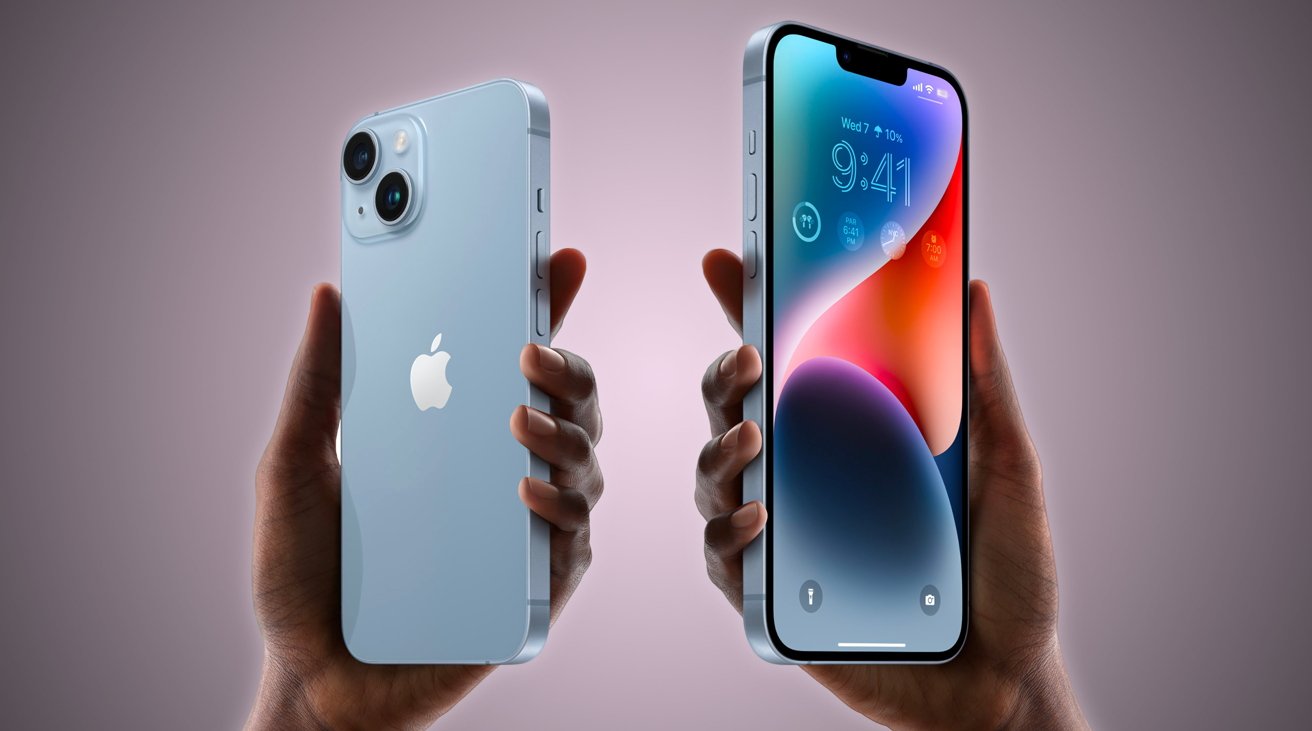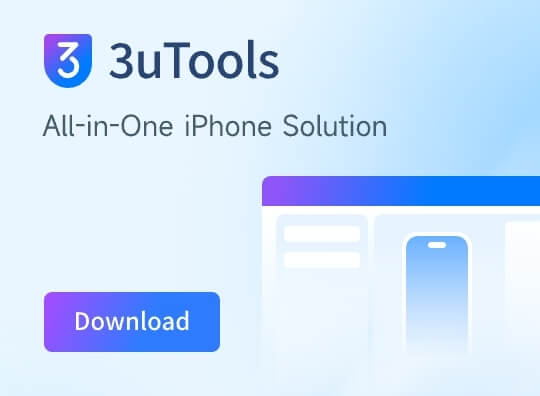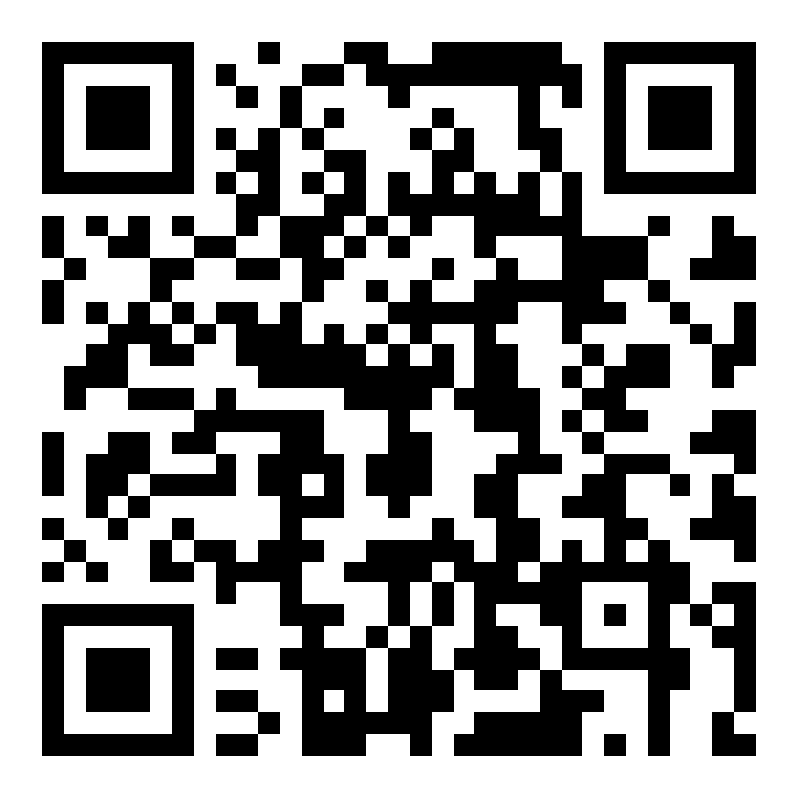There Is No Official iPhone 15 Sales Ban in China, Regulator Confirms
09/14/2023
1338

A week after drama started surrounding a rumored iPhone sales ban in China, the country has now made an official statement denying that there is one in place — but device security may be an issue.
Less than a week after a vague statement by China's foreign ministry, and just hours after the iPhone 15 debut, the country has slightly clarified its position on the iPhone ban reports. There appears to be no official ban at any level on Apple's iPhone.
"China has not issued laws, regulations or policy documents that prohibit the purchase and use of foreign brand phones such as Apple's," foreign ministry spokesperson Mao Ning told a press gaggle. "But, recently we did notice a lot of media exposure of security incidents related to Apple's phones."
The cited "media exposure" of security issues is not the same as the actual indication of breaches in China. Most Apple security flaws are disclosed after the fact, and in some cases, like with the patches issued the week of September 4, are patched within days of discovery and often before there is any indication that the flaw has been used in an attack.
"The Chinese government attaches great importance to information and cyber security and treats both domestic and foreign companies as equals," added the spokesperson.
On September 6, the situation flared up with a report claiming that the Chinese had escalated its ban on iPhone use in the government, ostensibly for security reasons. The next day, follow-up reports suggested that the ban may expand to all China-owned businesses, but the ban appears to be enforced unevenly inside the halls of government.
And, in the midst of the reports about a ban on the iPhone in the halls of government, a rumor started spreading that China Mobile would not carry the iPhone 15. The rumor was refuted by the company, but it continued to spread even five days after the rebuttal. After the "Wonderlust" event, China Mobile again confirmed that it carries the iPhone 15.
The alleged ban is thought to not be able to significantly impact Apple's sales volumes of the iPhone. Wedbush's Dan Ives, and other analysts since, have said that the ban may impact 500,000 purchases out of 45 million units sold in a year.
Source: AppleInsider












